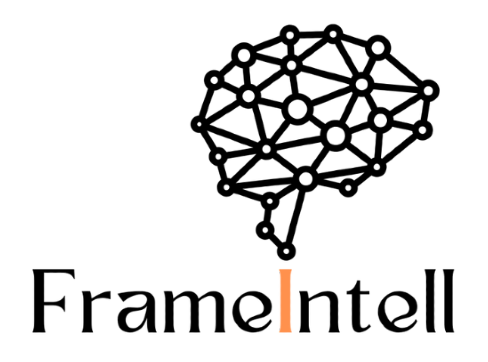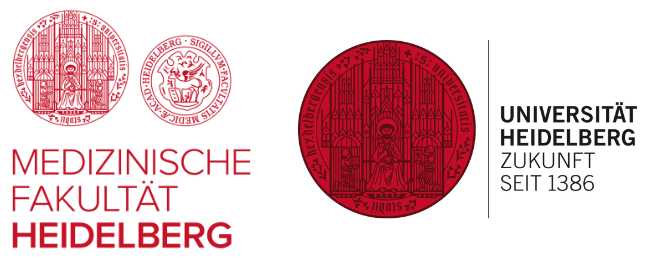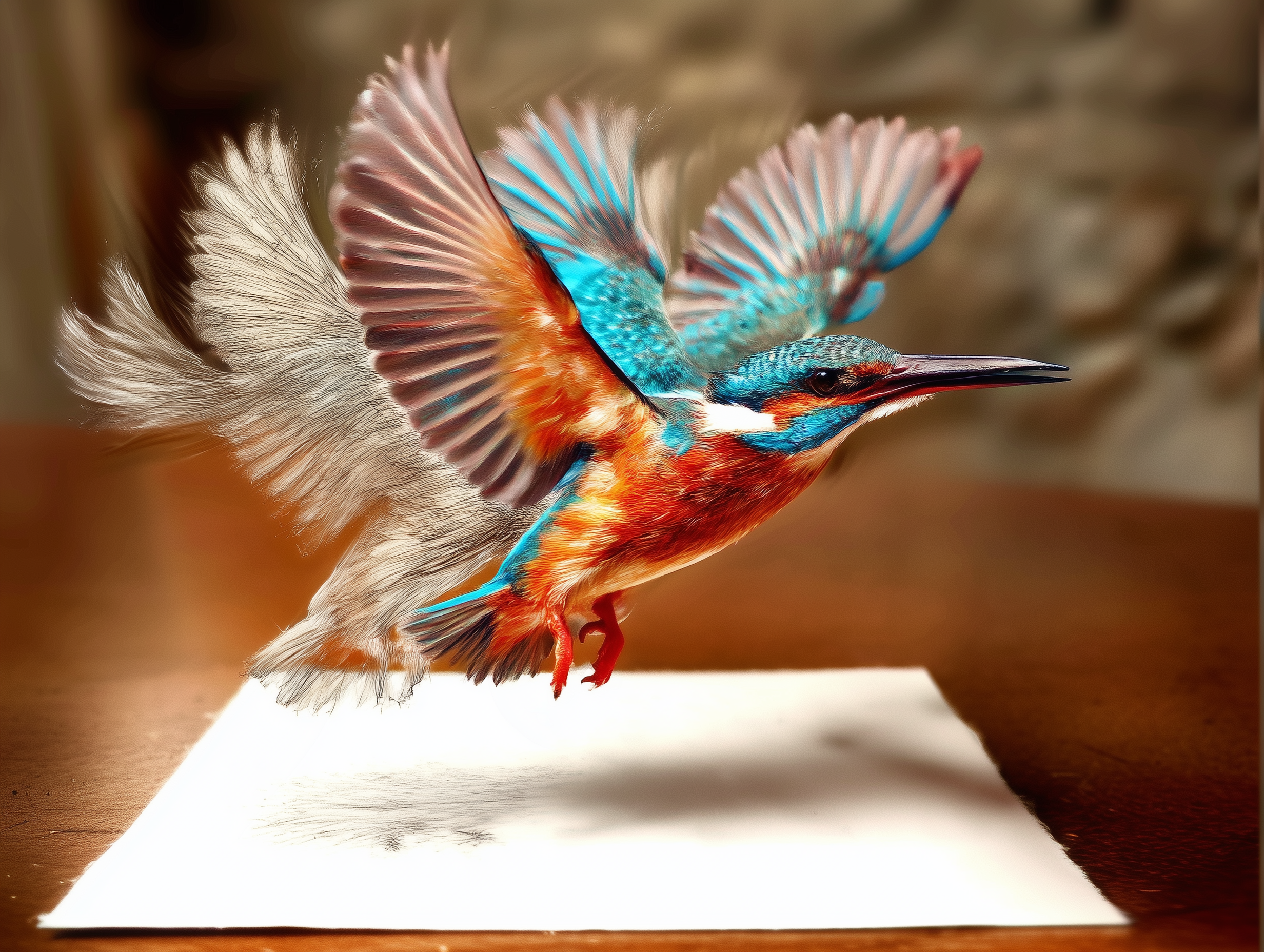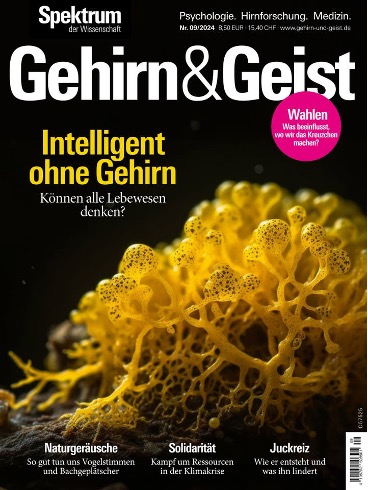KI-generierte Beiträge finden zunehmend ihren Weg auf Social Media und zunehmend sind sie nicht als solche zu erkennen. Sowohl Text-, Bild-, Video- als auch Audiomaterial wird mithilfe von KI generiert und verbreitet – meist ohne, dass die Beiträge dementsprechend gekennzeichnet sind. Werden wir in Zukunft in der Lage sein, Fake von Echtem zu unterscheiden?
Von Marcel Kückelhaus
30. Juni 2025
News
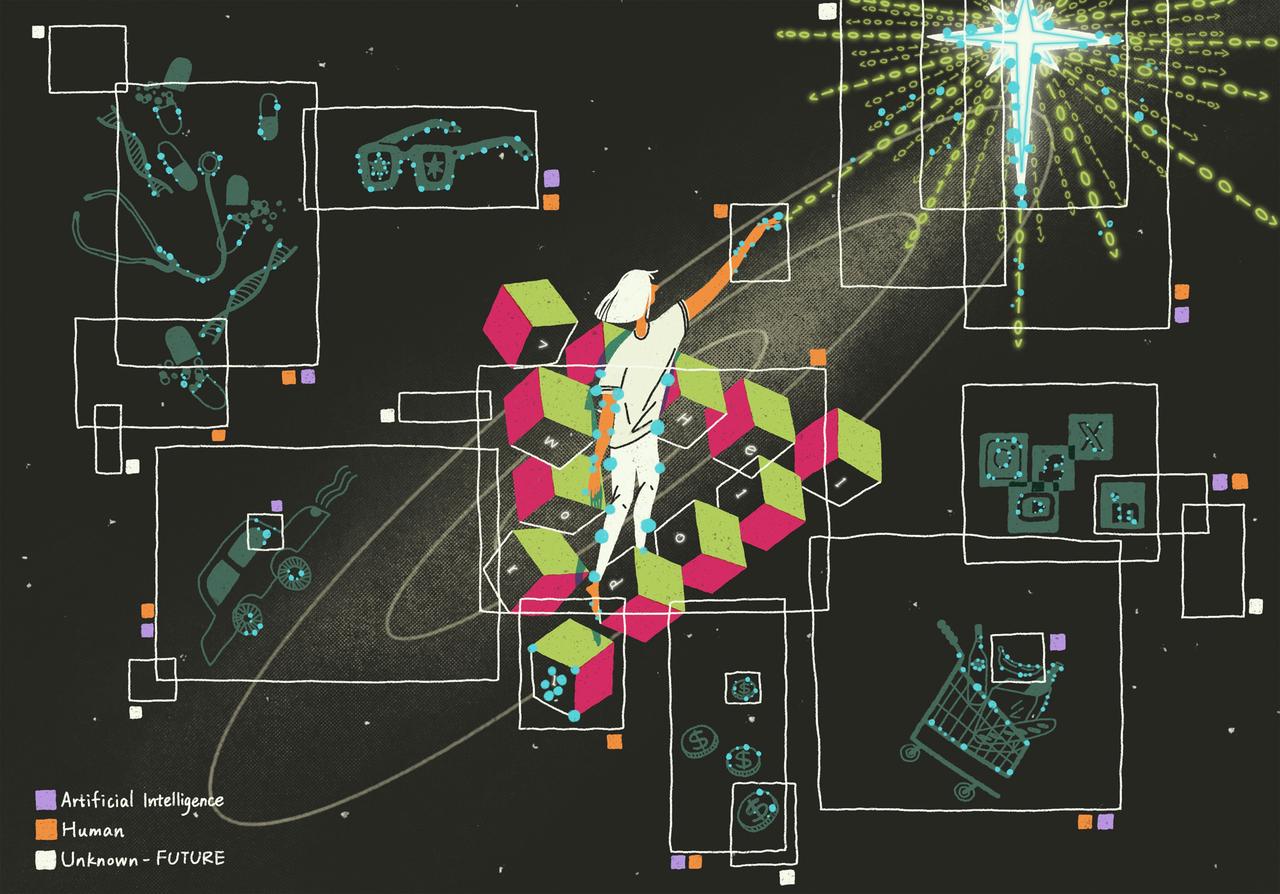
Reihaneh Golpayegani & Cambridge Diversity Fund / Better Images of AI / Women and AI / Licenced by CC-BY 4.0
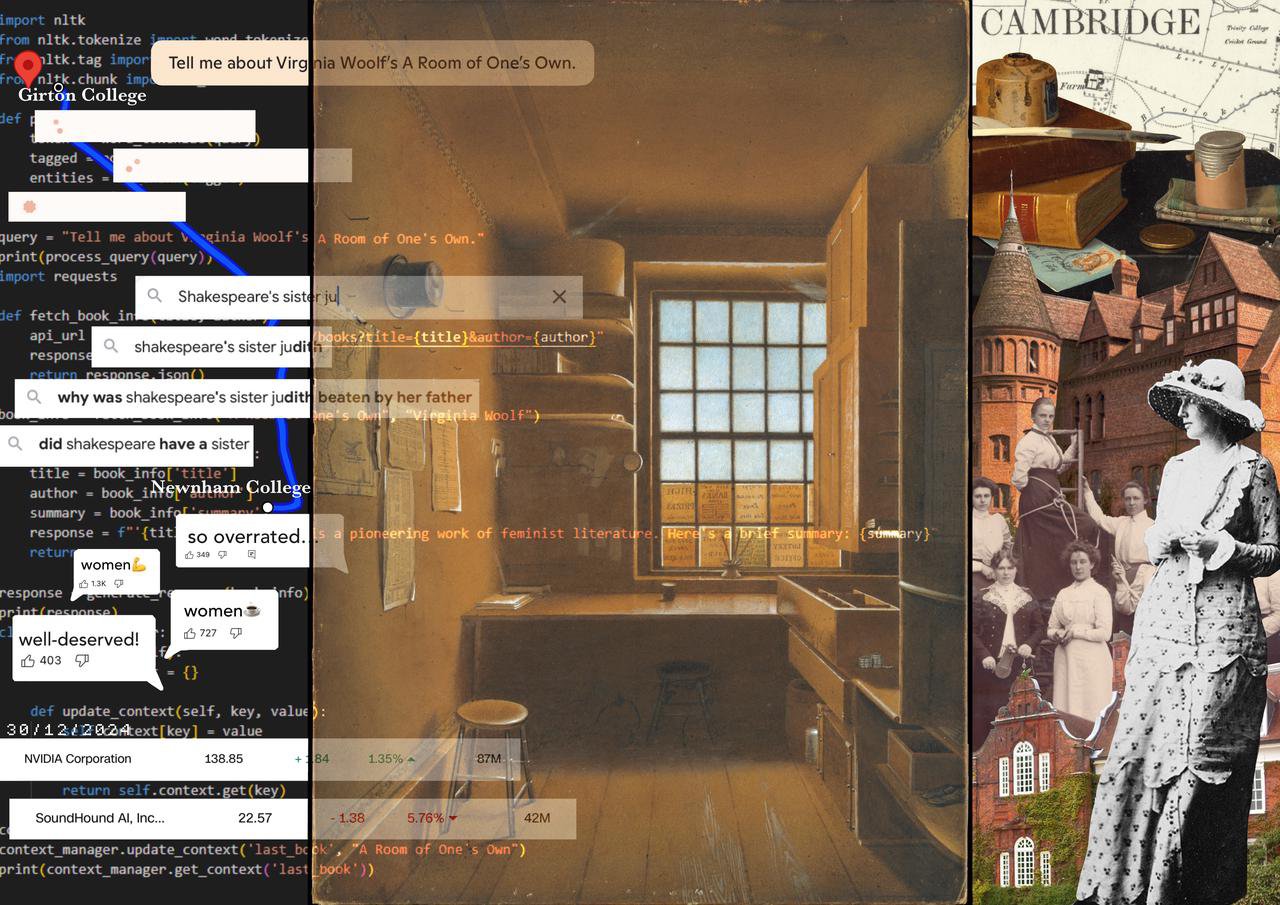
Reihaneh Golpayegani & Cambridge Diversity Fund / Better Images of AI / Women and AI / Licenced by CC-BY 4.0

Ying-Chieh Lee & Kingston School of Art / Better Images of AI / Who's Creating the Kawaii Girl? / Licenced by CC-BY 4.0
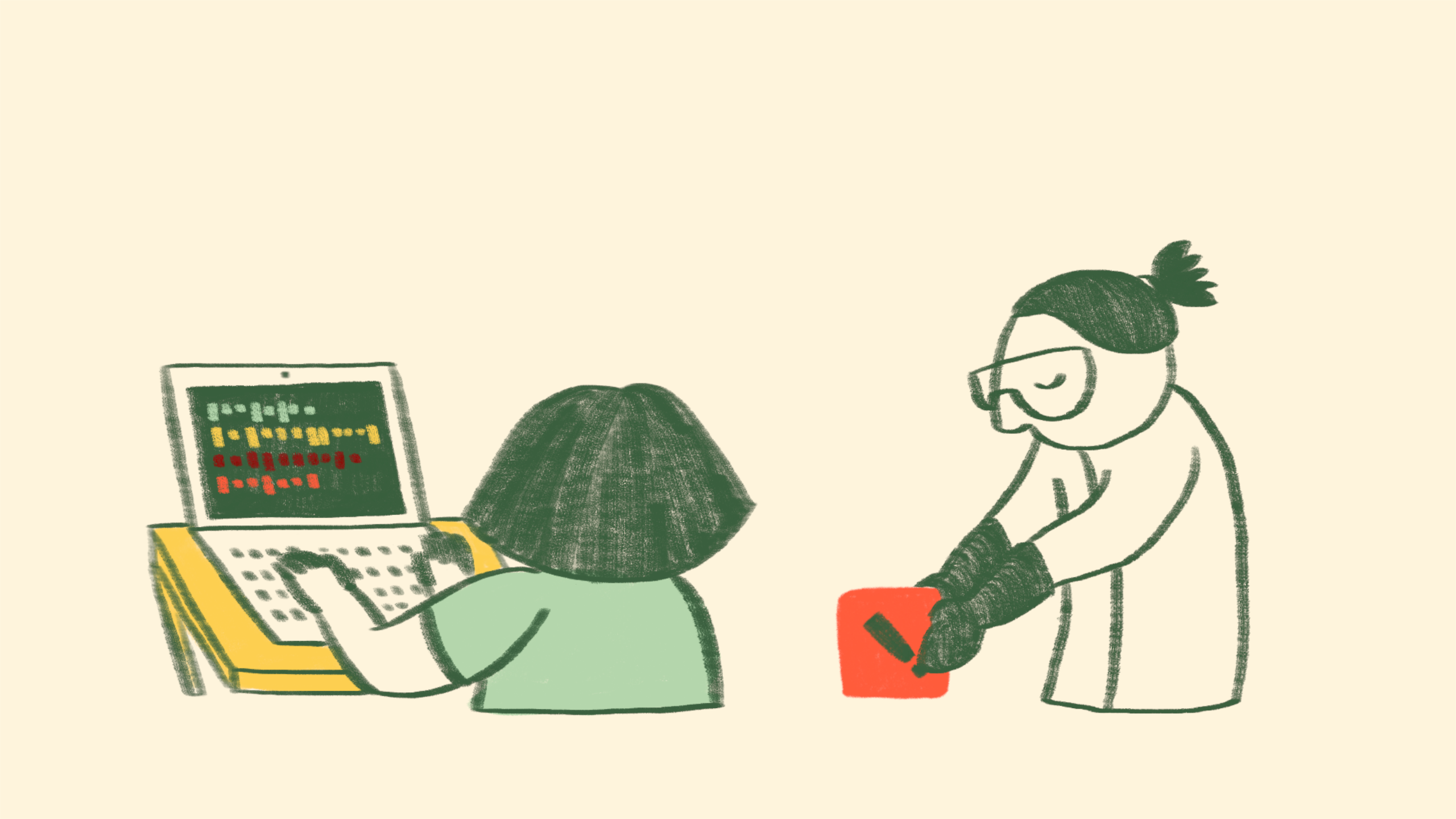
Yasmin Dwiputri & Data Hazards Project / Better Images of AI / Safety Precautions / Licenced by CC-BY 4.0
